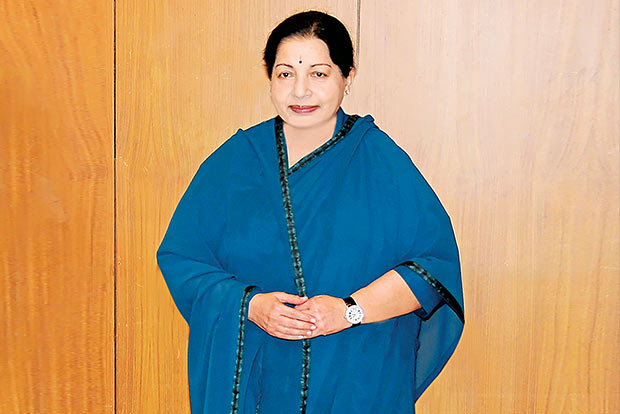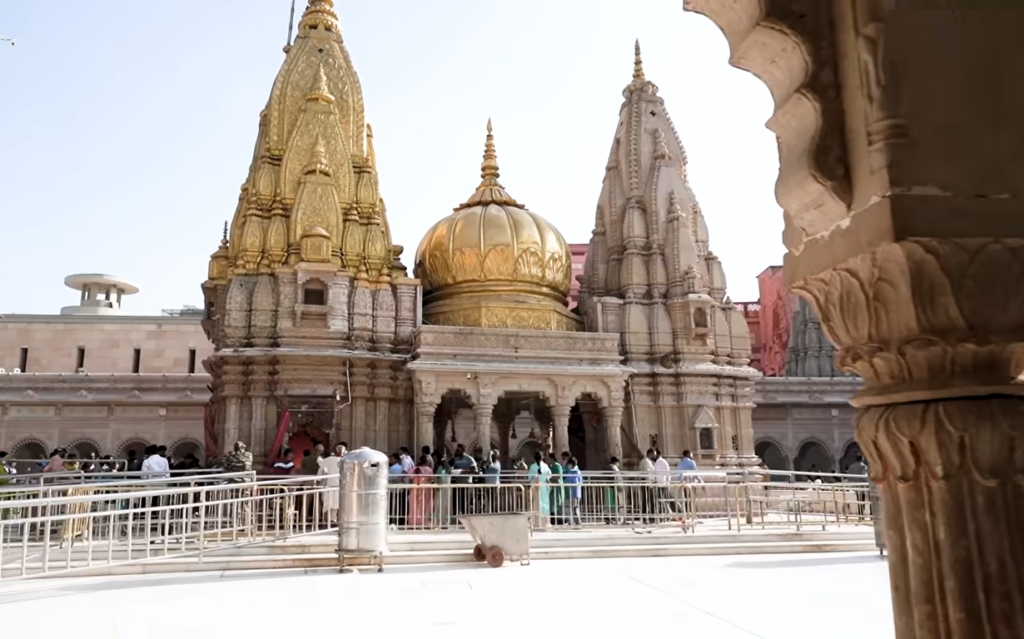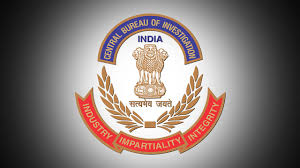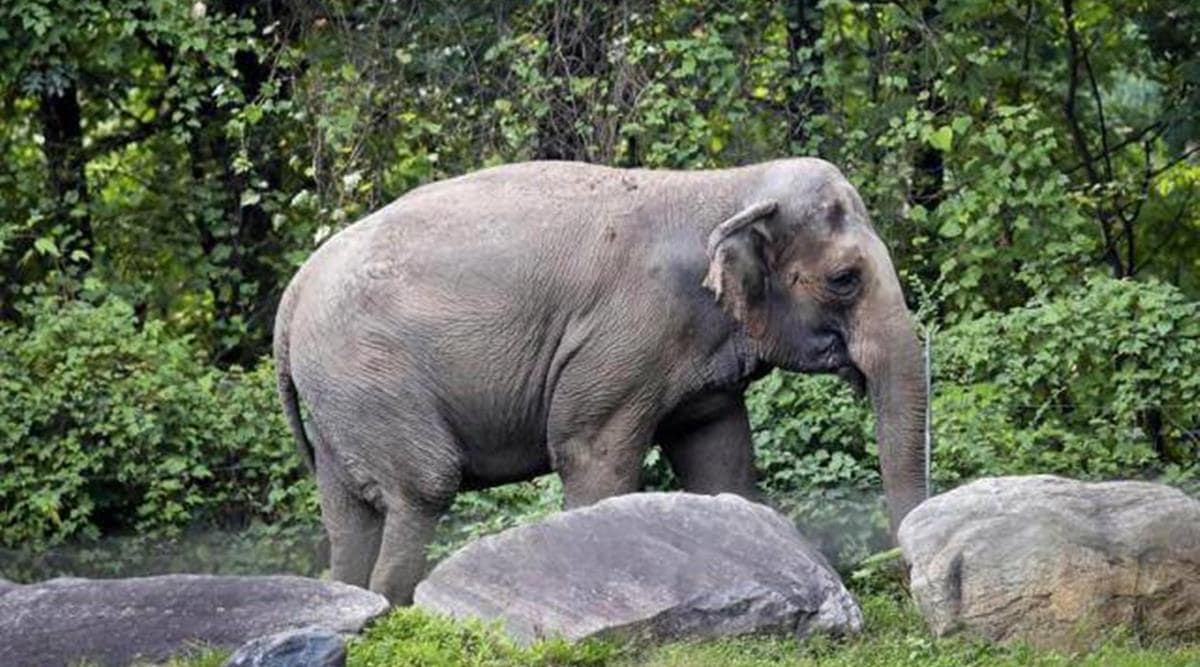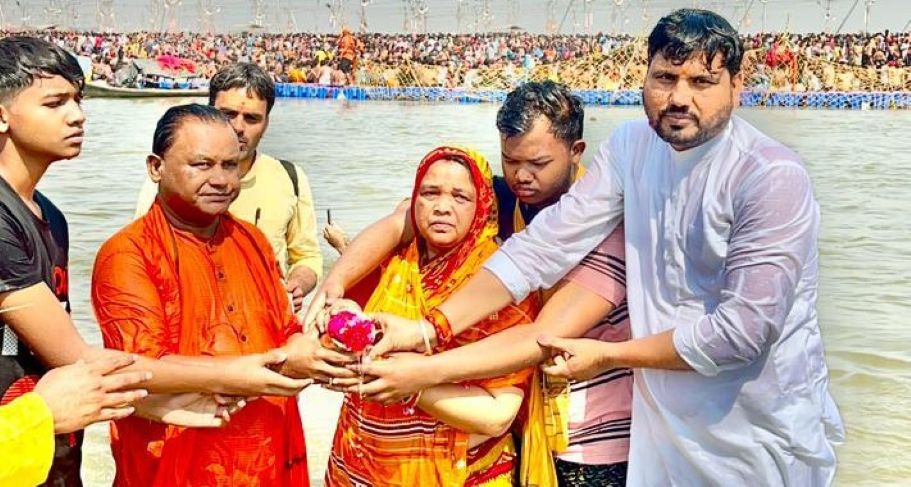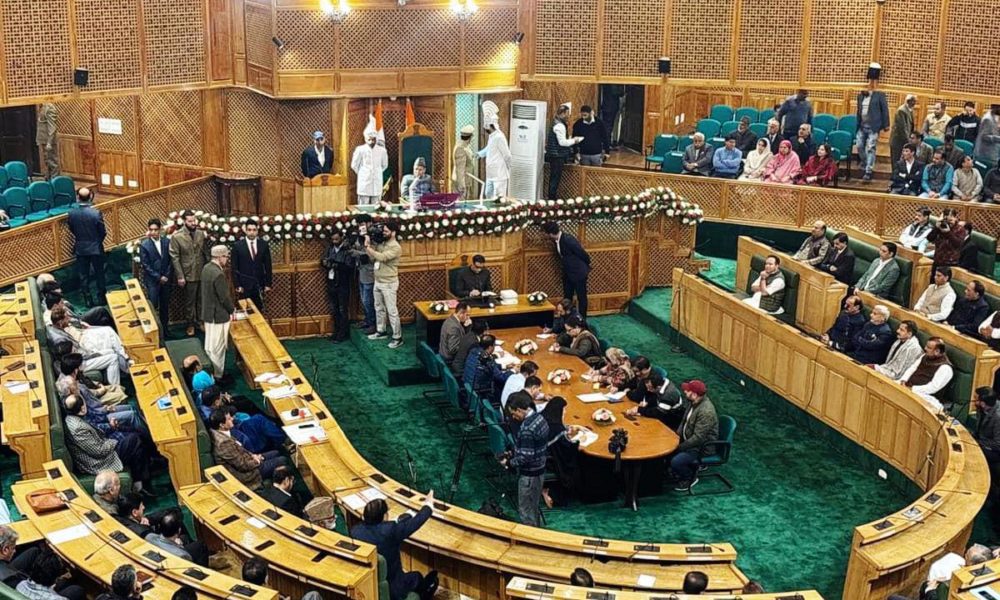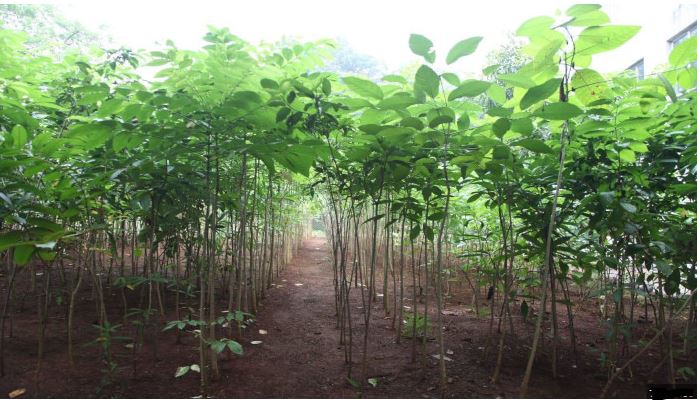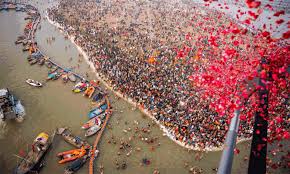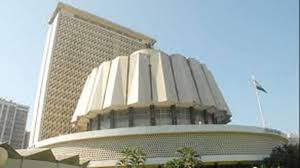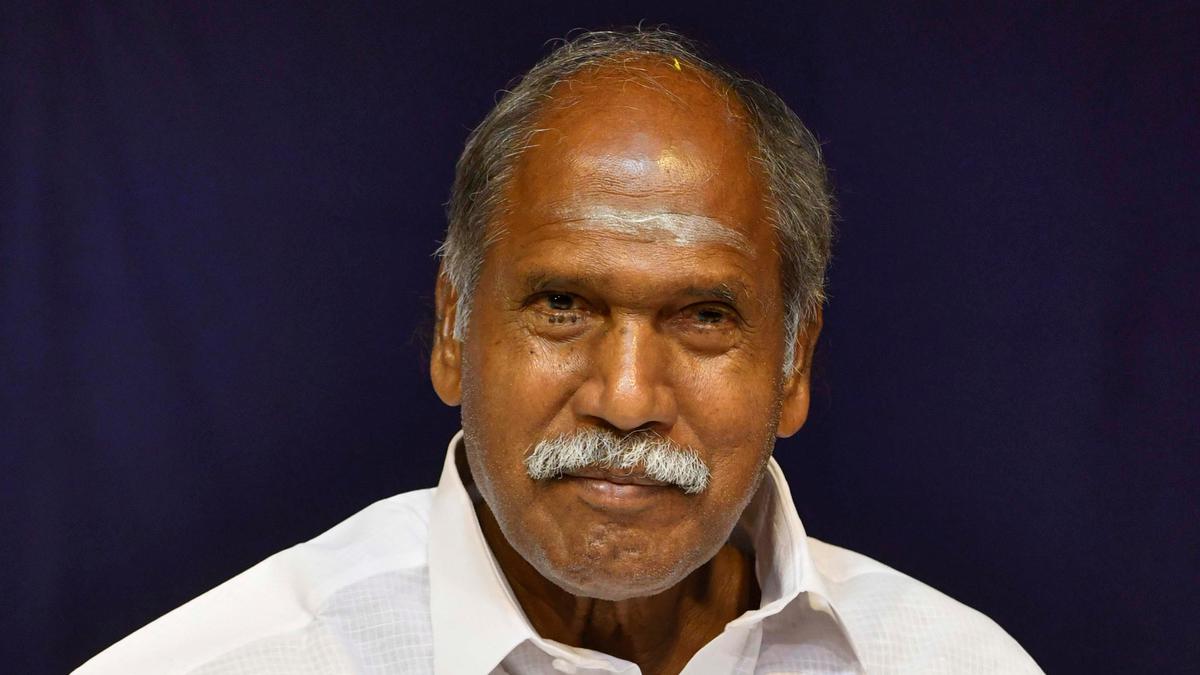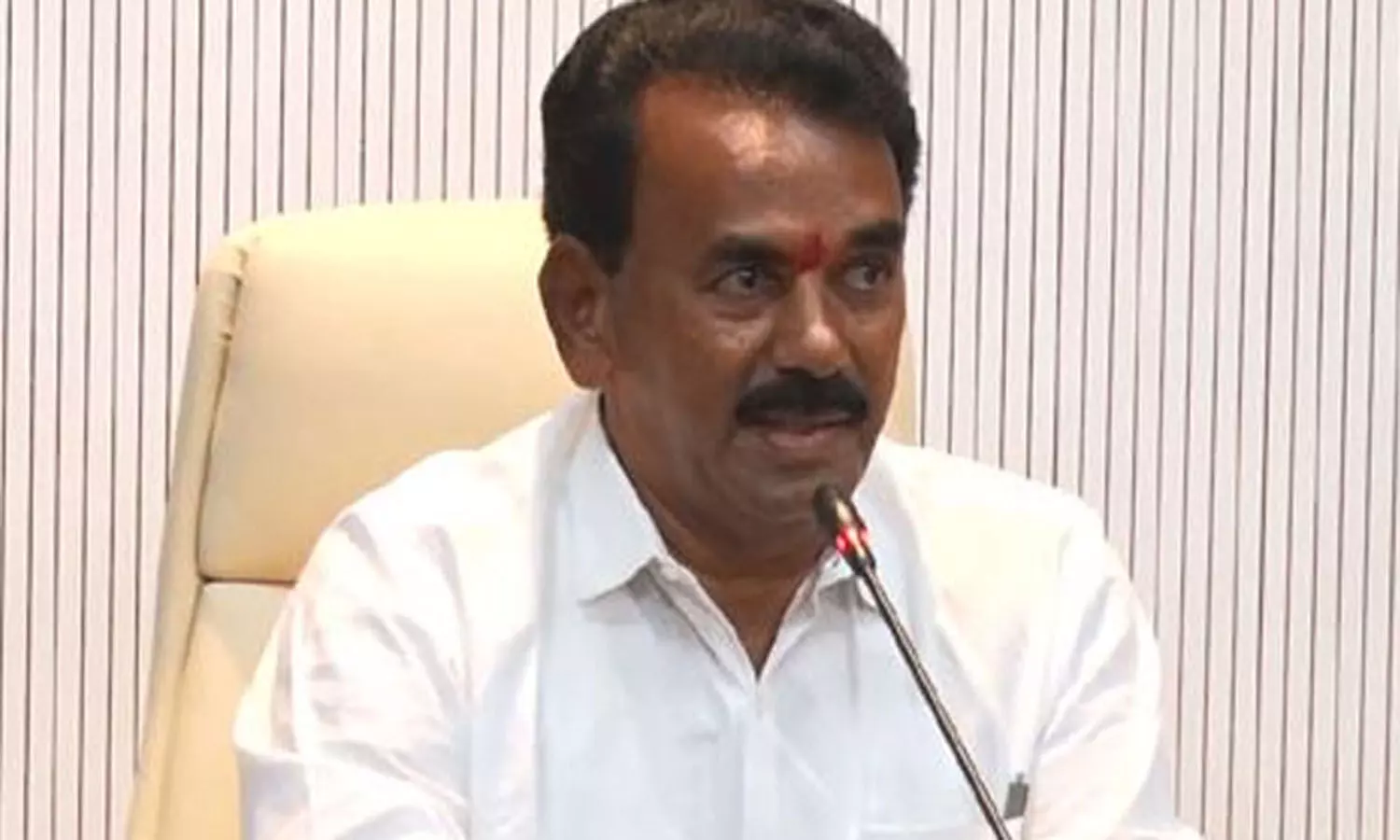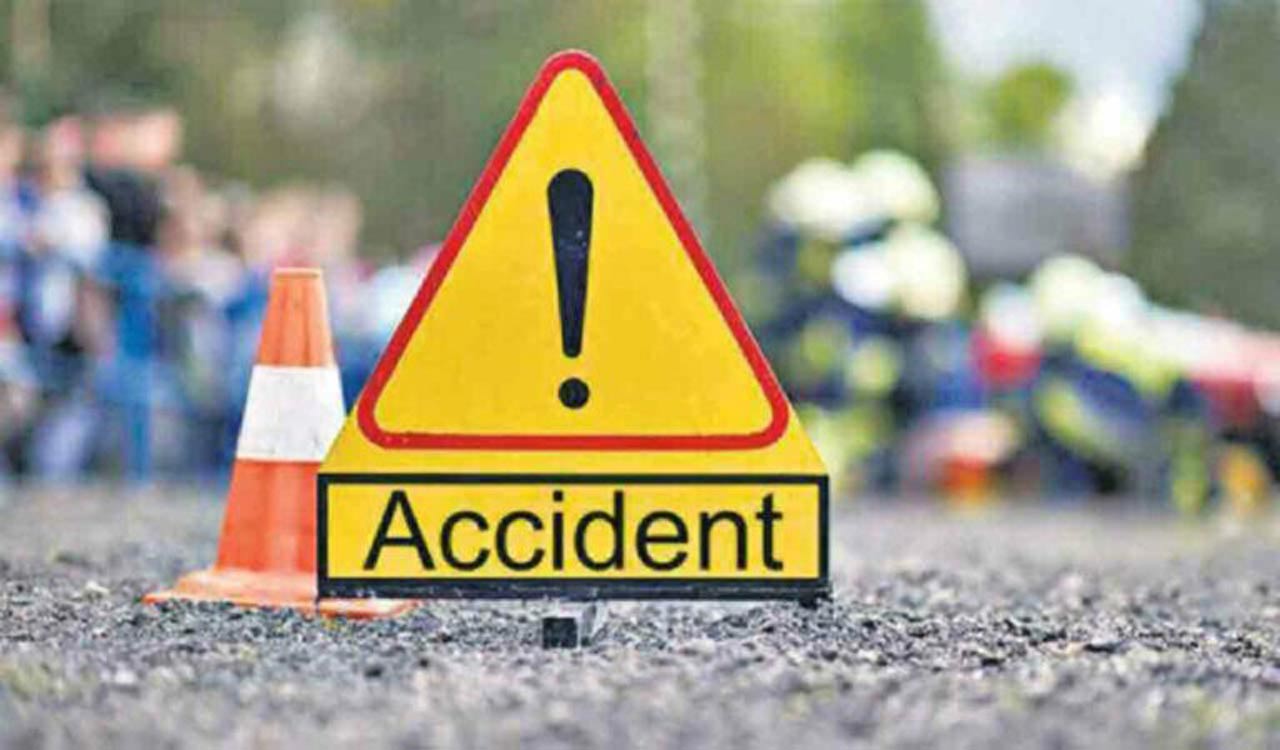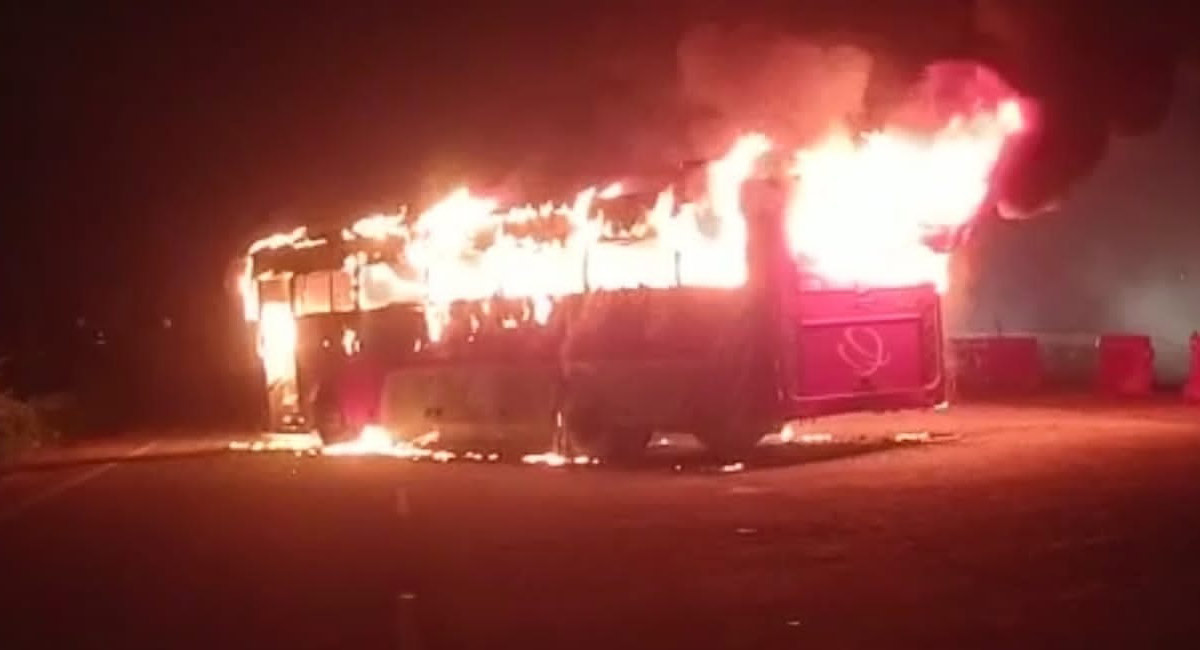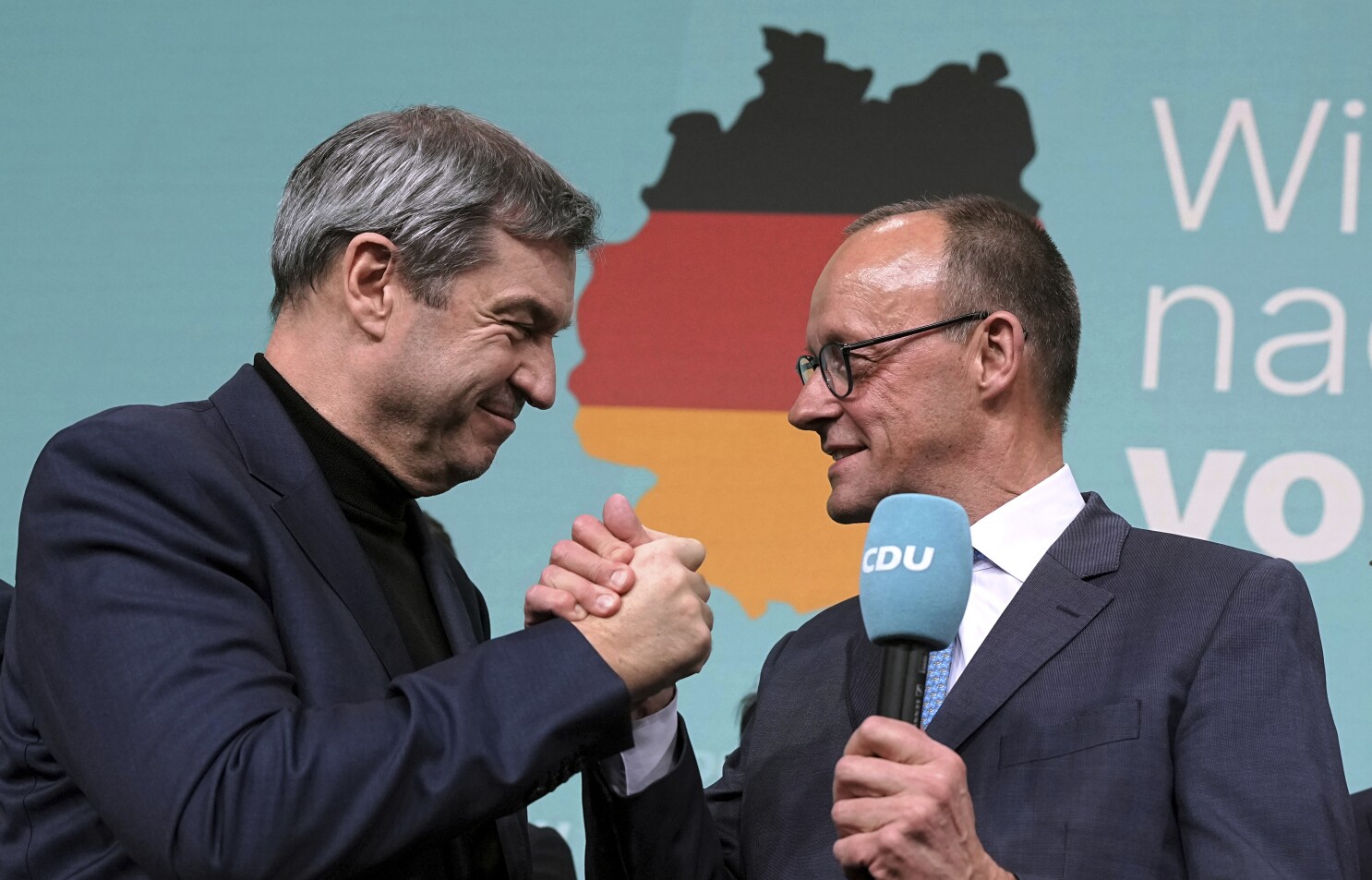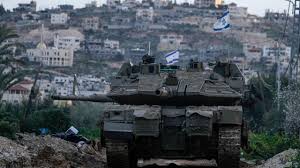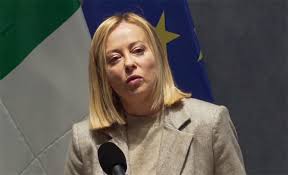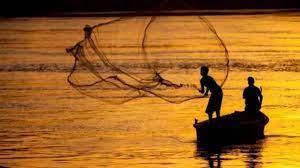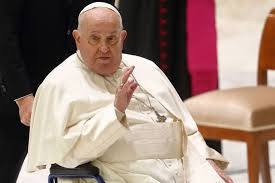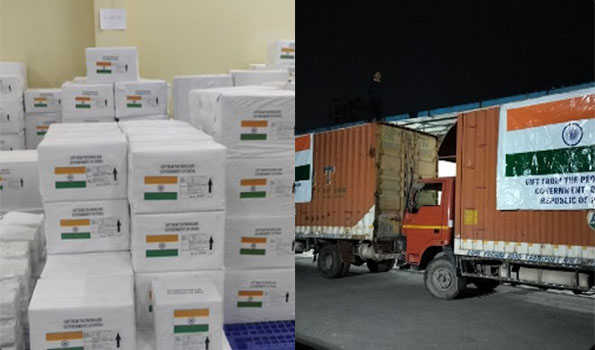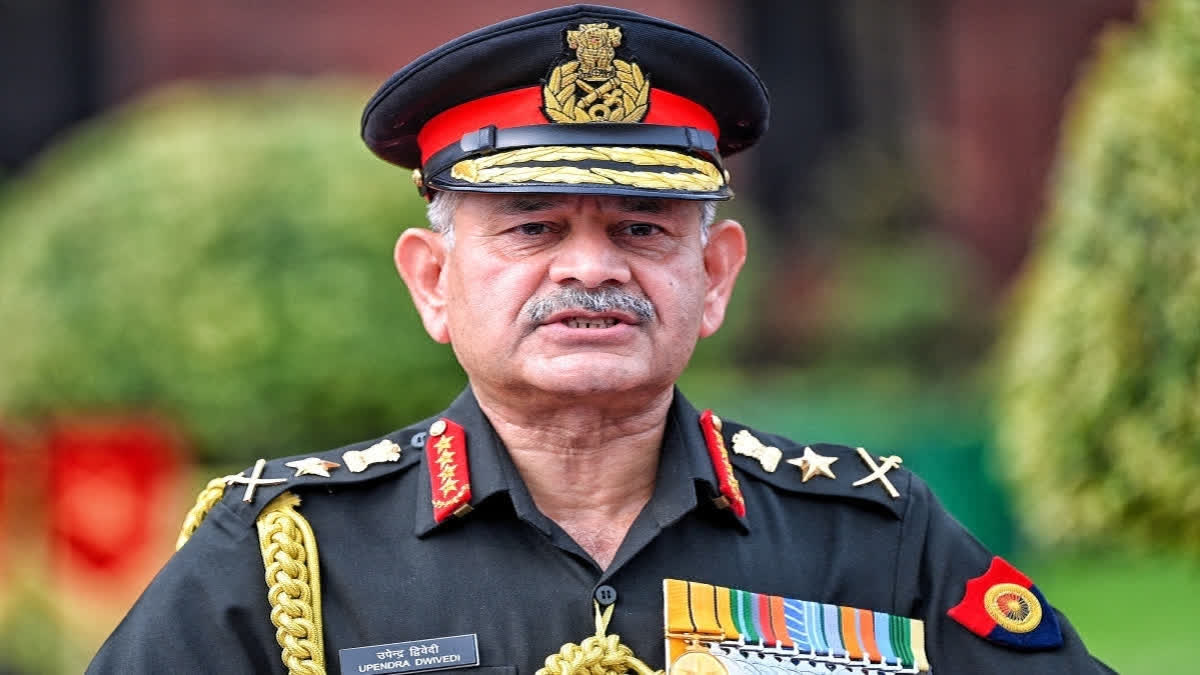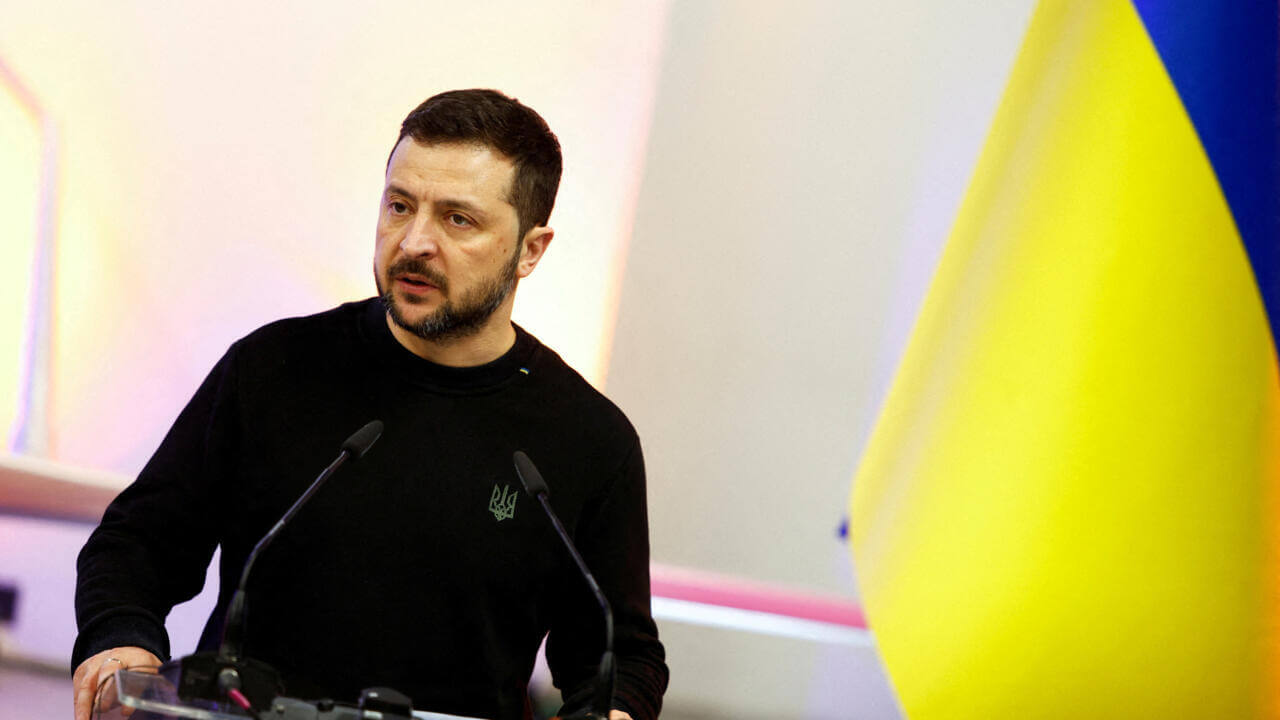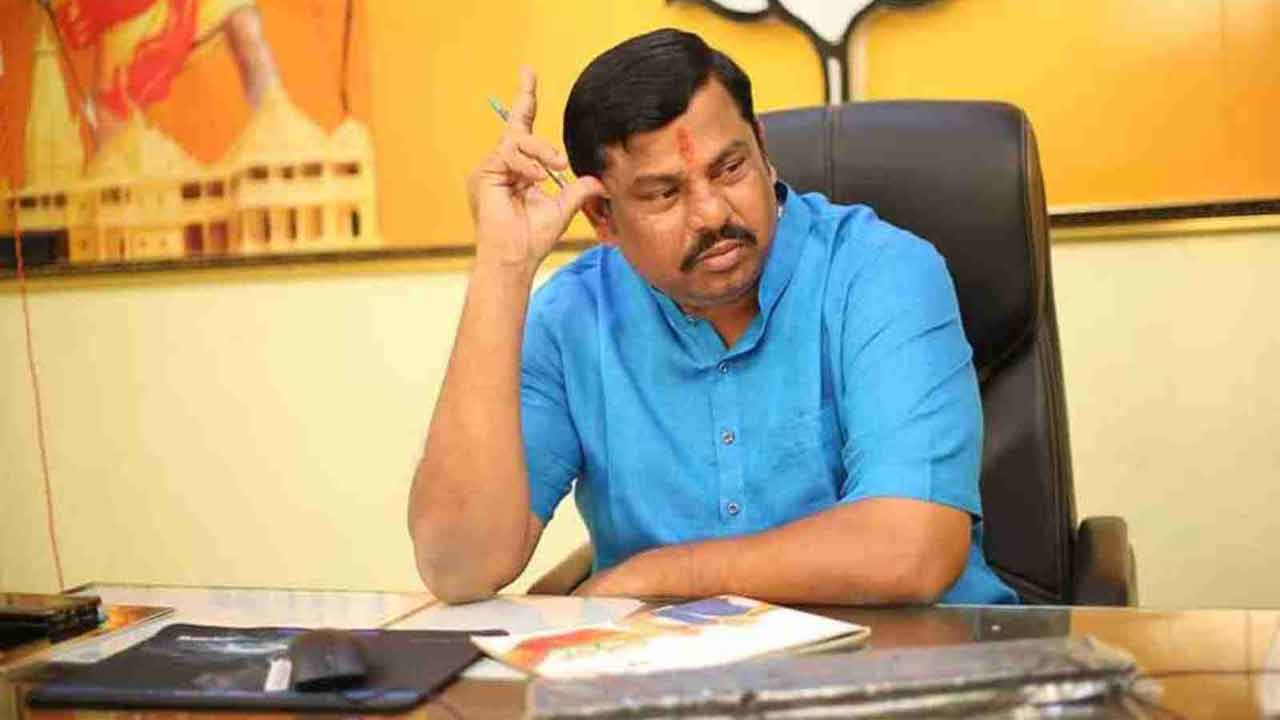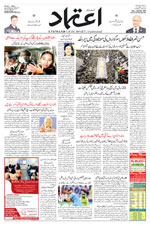President's rule comes into force in J&K from midnight
Thu 20 Dec 2018, 10:43:00
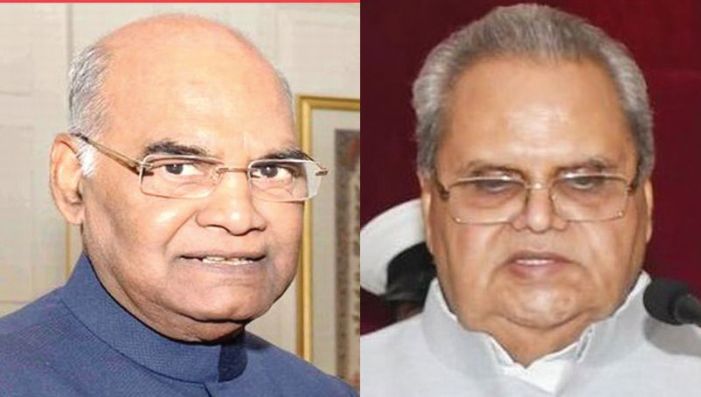
New Delhi: After completion of six months of Governor's rule in Jammu and Kashmir Wednesday, the state will come under President's rule from midnight paving the way for the union cabinet to take all policy decisions related to the militancy-hit state.
President Ram Nath Kovind signed the proclamation for imposition of central rule in the state, which plunged into a political crisis in June after the Mehbooba Mufti-led coalition government was reduced to minority following withdrawal of support by the 25-member BJP in the state.
The gazette notification issued Wednesday said the President has received a report from Governor Satya Pal Malik and after considering it and other information, he was "satisfied" that President's rule in the state was needed.
"In pursuance...of the proclamation issued...by me under article 356 of the Constitution of India, I hereby direct that all the functions of the Government of the State of Jammu and Kashmir and all the powers vested in or exercisable by the Governor of that State...shall, subject to the superintendence, direction and control of the President, (and) be exercisable also by the Governor of the State," the notification said.
The union cabinet headed by Prime Minister Narendra Modi took the decision on Monday after Governor Satya Pal Malik sent a report to the central government recommending imposition of President's rule in the state.
After the proclamation, the powers of the Legislature of the state shall be
exercisable by or under the authority of Parliament and all the decisions taken thereof shall have a concurrence of the President under Article 74 (1)(i) under which council of Ministers with the Prime Minister, at the head, will aid and advise the President.
exercisable by or under the authority of Parliament and all the decisions taken thereof shall have a concurrence of the President under Article 74 (1)(i) under which council of Ministers with the Prime Minister, at the head, will aid and advise the President.
Since the state has a separate Constitution, in such cases, six months of Governor's rule is compulsory under Article 92 of the Jammu and Kashmir Constitution, under which all the legislature powers are vested with the governor.
The governor on November 21 dissolved the 87-member state assembly after the PDP, supported by the Congress and their arch rivals National Conference, had staked claim to form the government.
Simultaneously, the two-member People's Conference led by Sajjad Lone had also staked claim to form a government with 25 members of the BJP and other 18 unknown members.
The governor had dissolved the assembly citing horse-trading and lack of stability to form a government as the reasons.
In case the elections are not declared, the President's rule can be extended by another six months.
No presidential proclamation shall in any case remain in force for more than three years except for the intervention of Election Commission of India which has to certify that the continuance in force of the Proclamation is necessary on account of difficulties in holding general elections to the Legislative Assembly.
No Comments For This Post, Be first to write a Comment.
Most viewed from National
Most viewed from World
AIMIM News
Delhi Assembly polls: Owaisi leads Padyatra in Okhla
Feb 01, 2025
We reject this Waqf Amendment Bill: Asaduddin Owaisi
Jan 30, 2025
Latest Urdu News
Most Viewed
May 26, 2020
Which team will win the ICC Men's Champions Trophy 2025 held in Pakistan/Dubai?
Latest Videos View All
Like Us
Home
About Us
Advertise With Us
All Polls
Epaper Archives
Privacy Policy
Contact Us
Download Etemaad App
© 2025 Etemaad Daily News, All Rights Reserved.

